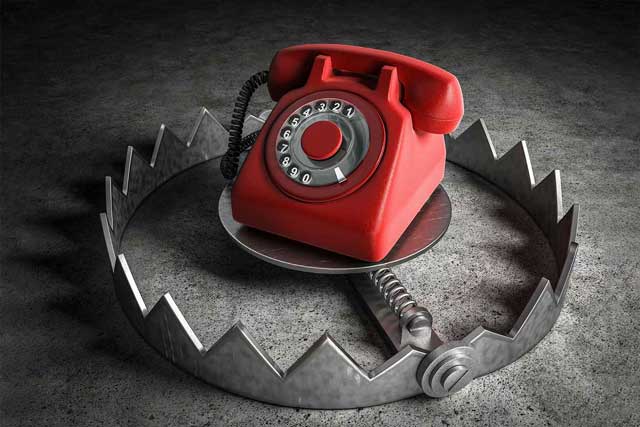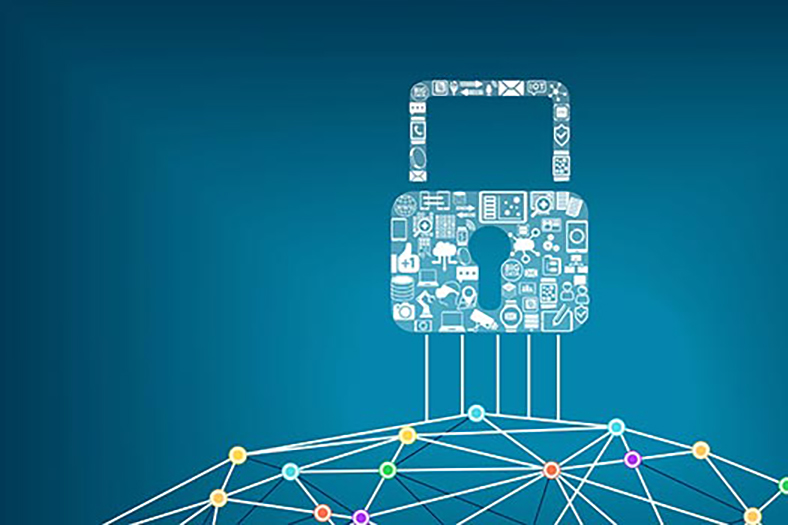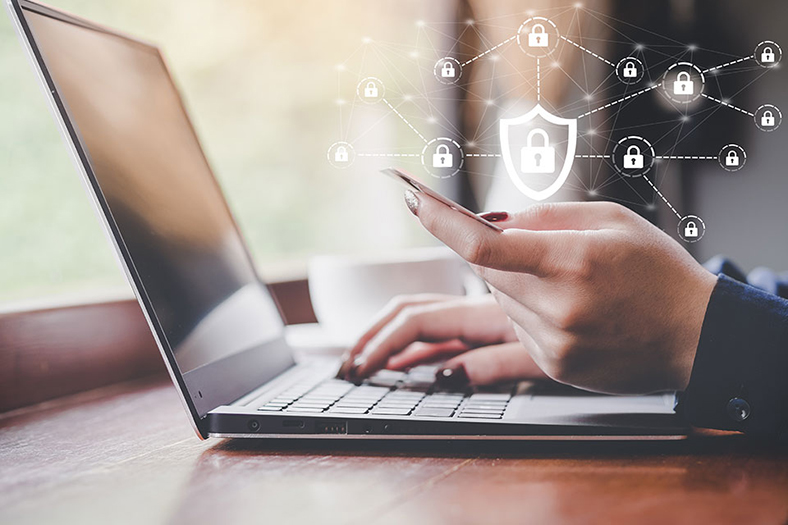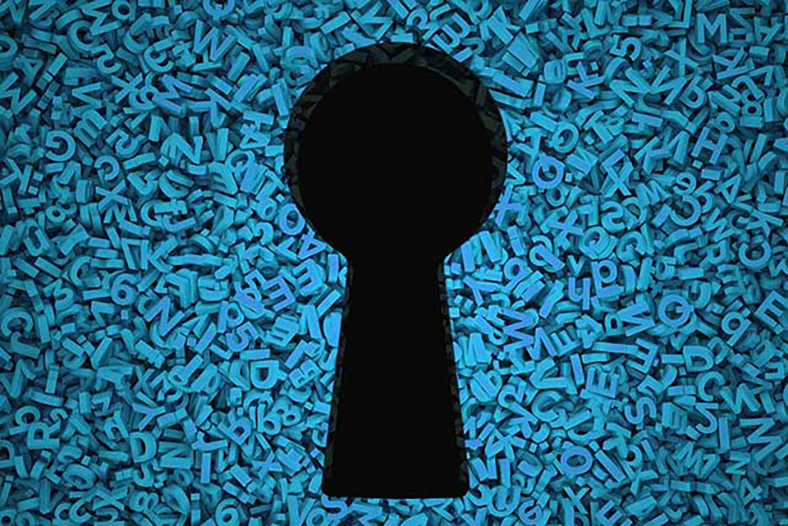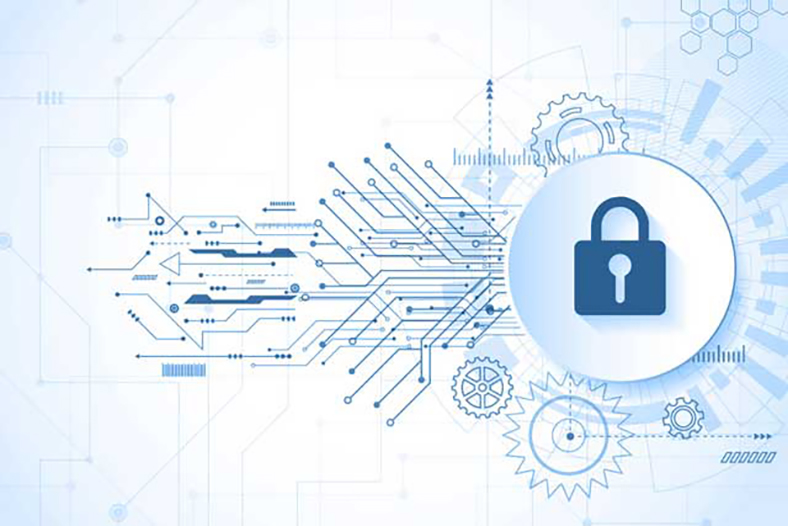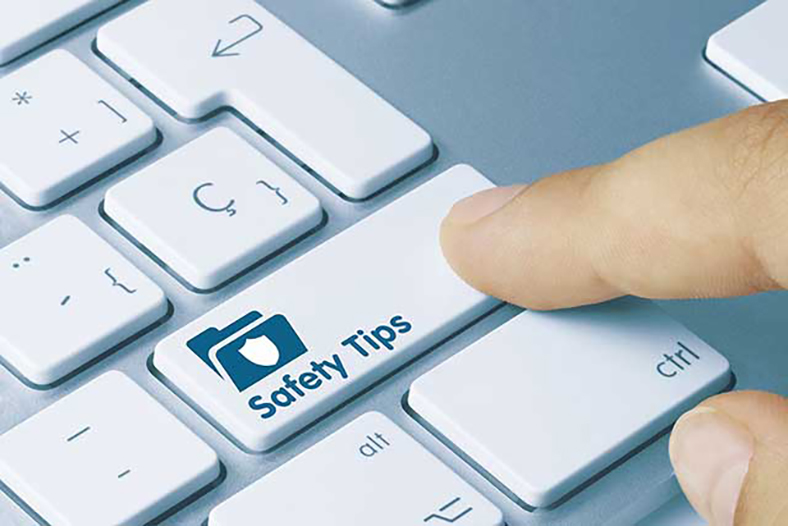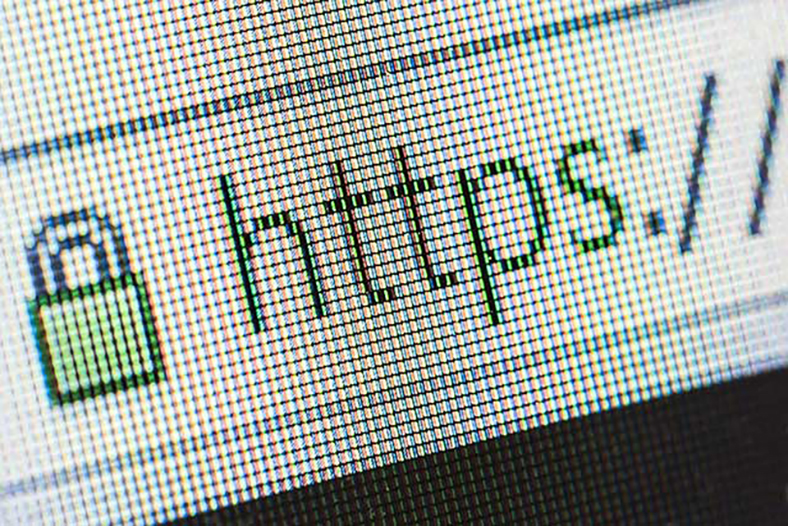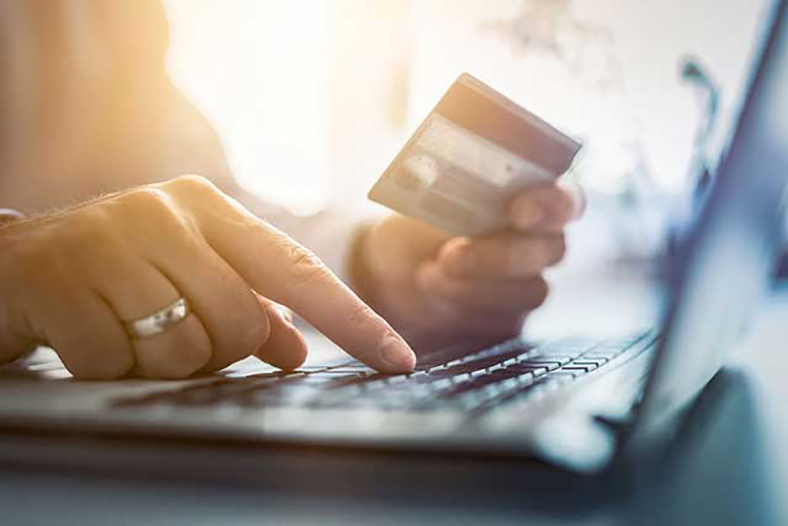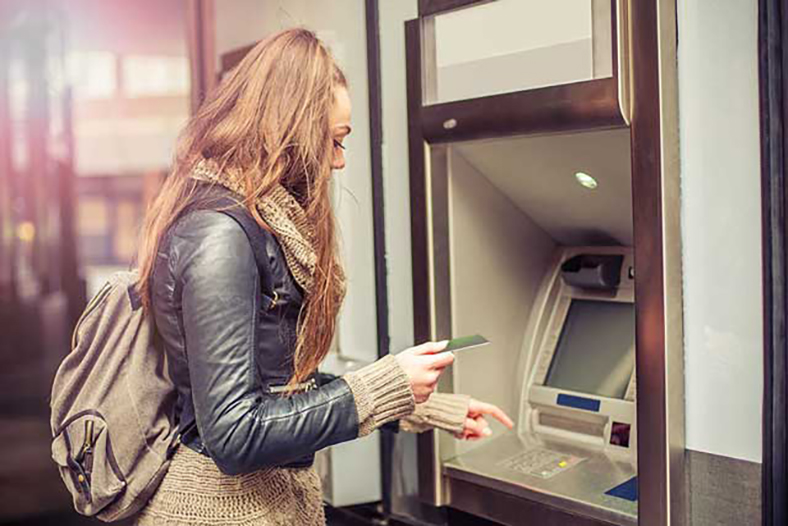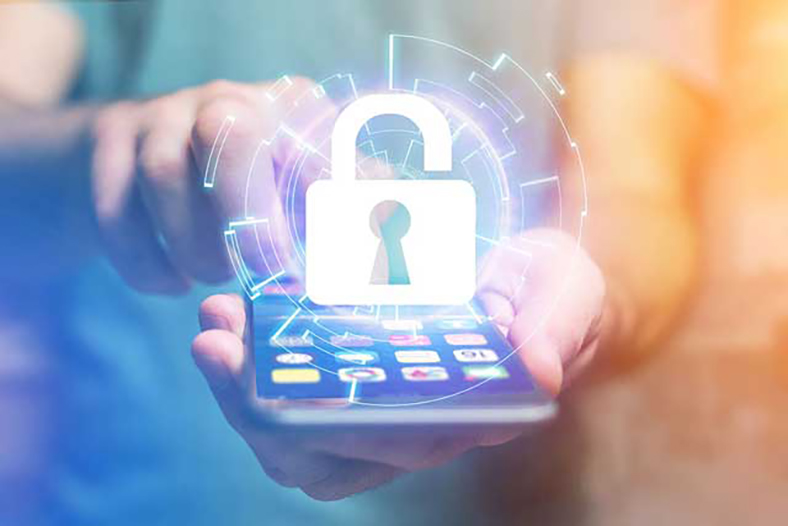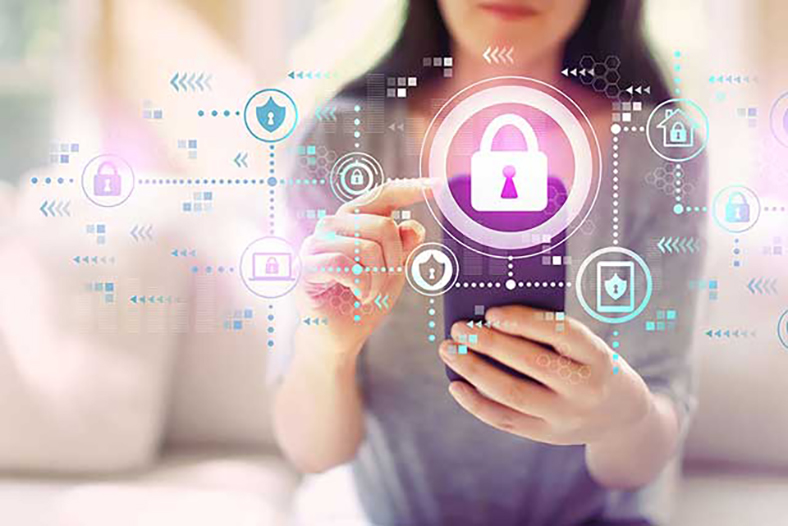As technology evolves, so unfortunately do the ways that criminals can illegally access your personal information. Smartphones give us a lot of freedom and make our lives more efficient, but they also present their own set of challenges when it comes to data security. However, there is no reason why you can't make yourself more secure with a few key habits.
Hold on to it!
When you are in a public area, don't set your phone down or leave it exposed in an open bag. It only takes a second for a thief to walk off with your little lockbox of personal information. If a stranger asks to borrow your cell phone, offer to help them find a public phone they can use instead.
Lock it up
Whether it's with a password or a thumbprint, using a unique entry requirement will make it difficult or impossible for anyone else to enter your phone's data. It might be an inconvenience now, but if you lose your phone or have it stolen, you'll be glad to know the person who has your phone doesn't also have free reign over your sensitive data. Make your password tough to guess for even someone who knows you well.
Slow down a bit
When you're pinballing around between apps, the internet, your text messages and any number of other items, there's a tendency to click without a lot of thought. But like with your other computers, it's important to be very careful about the links you click on. If you don't recognize the sender of a link in a text message or email, or even if you aren't 100% sure about the origin of a link, you're better off leaving it alone.
Use extra security
While you're loading up on games, tools and other cool apps, be sure to also get yourself some security software designed for smart phones. On top of that, check regularly for updates that will keep you ahead of the criminals trying to pry into your phone. Remember though that you should always check to make sure anything you download to your phone is from a trusted source and has been reviewed for problems by other users.
Be network careful
If you're tech savvy, you may know that you can potentially save money by using a public wi-fi network when it's available instead of your phone's data service. However, it's best to avoid using these networks when you plan to access sensitive information of any kind.
Mind what's in your phone
With smartphones likely becoming more and more inextricably intertwined into your life, it may seem like it makes sense to keep your account numbers, passwords and other hard-to-remember information in a notepad document on your phone for easy access. But you should consider this only as safe as having the same information on a piece of paper loose in your pocket; it could very easily end up somewhere you don't want it to be.
Clean it up before you turn it in
When you trade in an old phone, use a "wipe" app and reset your device to the factory default settings to avoid sending a treasure chest of your data out into the world. Also check to see what kind of precautions phone recyclers use to prevent stolen information.
In case it is stolen
You may at some point find your phone gone despite all your best efforts to keep it in your possession. But it doesn't have to stay missing. If you download a "Find My Phone" app ahead of time, you can use this handy tool to figure out where your phone has found its way to. In a similar vein, an erase app installed before your phone absconds can remotely wipe the data from your phone before it falls into the wrong hands. No matter what precautionary measures you have taken, though, you need to contact your wireless provider immediately if you lose your phone.
Information security for your smartphone isn't that different from keeping your other repositories of data safe. By taking a few basic steps now, you can save yourself some major problems later on.



